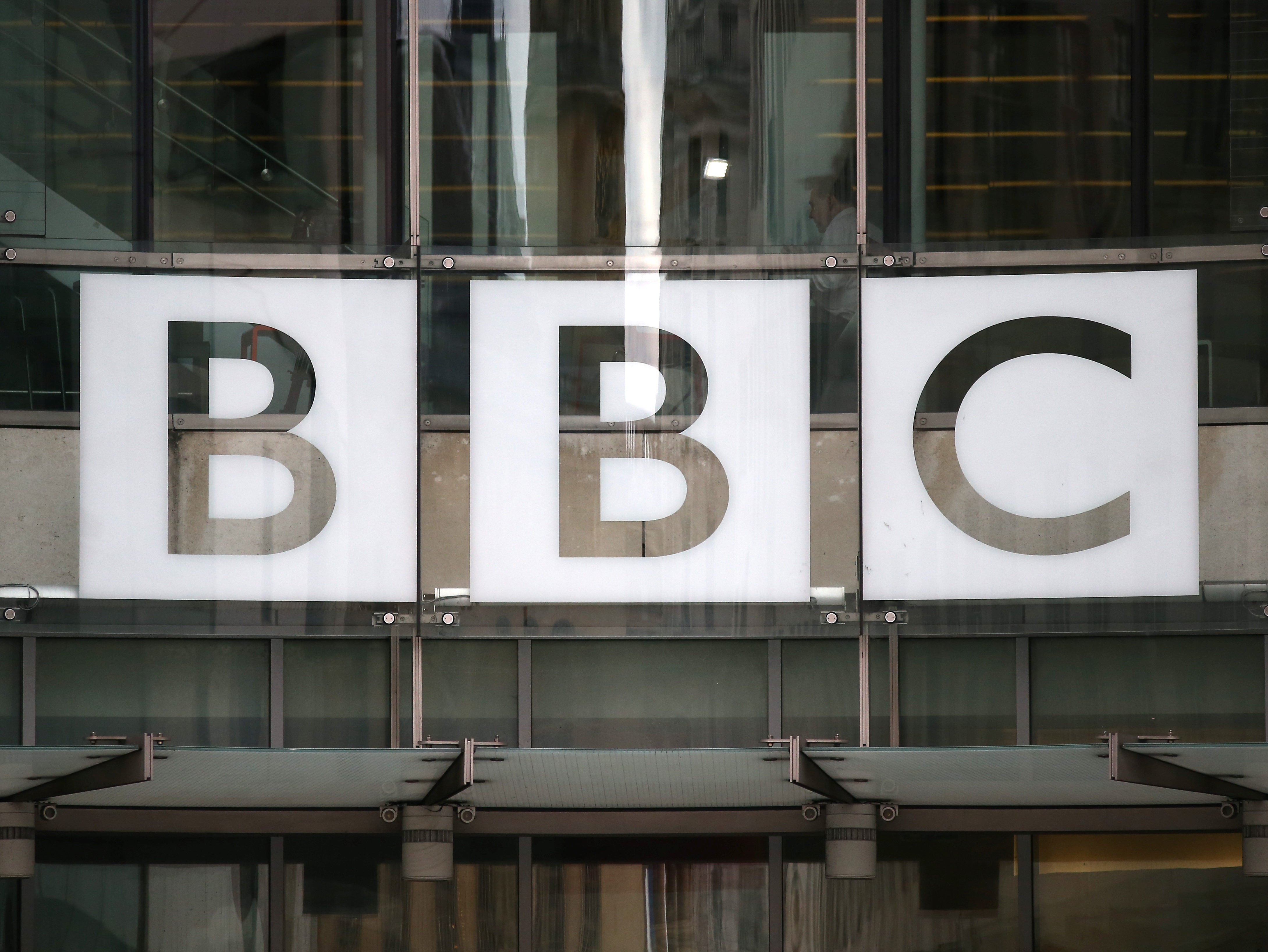
European public broadcasters could face a “very real risk of irrelevance” and struggle to justify the money they receive if they don’t improve their online reach, a new report has said.
The study of public service broadcaster reach in eight European countries, published today by the Reuters Institute for the Study of Journalism, found the outlets fell “far short” of ambitions to be “near-universal” sources of news.
The Audience of Public Service News report, which surveyed audiences from the UK, Finland, Italy, Greece, France, Germany, Czech Republic and Spain, said public broadcasters were “heavily reliant on declining offline broadcast channels” with online output adding little extra reach among the public.
But the BBC seemed to buck this continental trend, with the report finding it reached 50 per cent of Brits through its online output alone, according to a survey of 2,023 people.
Its closest rival was Finnish public service outlet Yle, which reached 35 per cent of 2,009 surveyed Fins with its web content.
Among only under 25s, BBC News online output also had better reach than its European counterparts, at 56 per cent.
The UK’s public service broadcaster has “significantly higher online reach among young audiences than in the wider public,” the only one in the survey to do so.
“In every other country covered, reach is lower or at best roughly the same,” the report said.
“As younger people continue to spend less time with offline media and more time online, this will become an increasingly serious challenge to the reach of public service news.”
The BBC also won out over the big online platforms, as just 29 per cent and 18 per cent of the surveyed under 25s said they used Facebook and Youtube respectively for news.
The Reuters Institute report found the picture on the continent to be different, saying younger people and those with limited formal education “rely more” on news found through these platforms.
The report’s lead author Dr Anne Schulz said if the online performances of public news brands did not improve, they risked “continued decline and ultimately irrelevance to much of the public”.
Co-author and Reuters Institute director Rasmus Kleis Nielsen said: “The challenges that face public service media are bigger – much bigger – than is commonly acknowledged.
“If they do not find more compelling and engaging ways of delivering online news, especially to younger people and people with limited formal education, they ultimately will not be able to deliver on their public service mission, or justify the public funding they receive.”
The report also found that public service outlets were less trusted by those with right wing and so-called “populist” views.
The results of its UK survey revealed that centrists gave the BBC a higher average trust rating out of 10 (7.1) than their left wing (6.9) and right wing (6.2) counterparts.
It further said that the make-up of BBC audiences tended more to the political centre while ITV News and Sky News audiences leaned to the right and were more “populist” in mindset.
The BBC had better reach among those with a degree compared to those with only GCSE or equivalent qualifications.
About three quarters of those with a university education (73 per cent) said they used the BBC’s broadcasts as a source of news while 58 per cent of those with GCSE qualifications said the same.
The BBC’s overall cross-platform reach stood at 78 per cent of those surveyed while the reach of its offline broadcasts alone came in at 68 per cent.
Picture: Reuters/Neil Hall
Email pged@pressgazette.co.uk to point out mistakes, provide story tips or send in a letter for publication on our "Letters Page" blog
